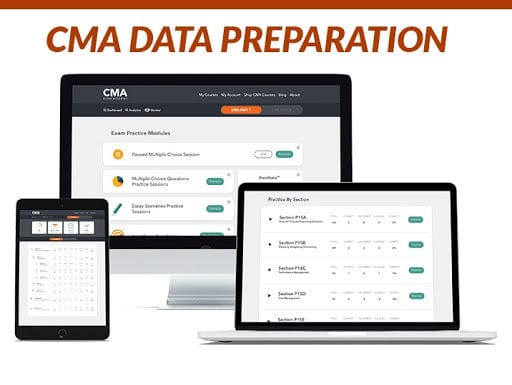CMA Data Prepration
-
Mandatory for Loan Sanctioning (above ₹2 crore, usually)
-
Prepared as per RBI Guidelines
-
Includes 5–7 years of data (2 past, current, and 3–5 projected years)
-
Used by Banks to assess business viability & repayment capacity


